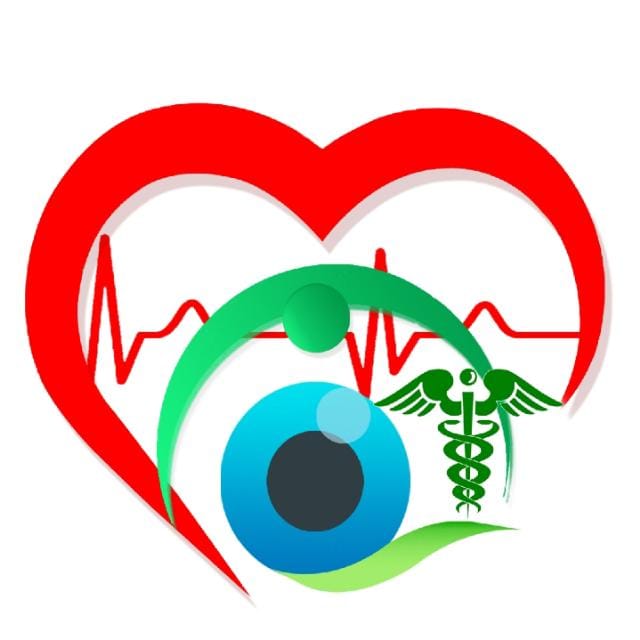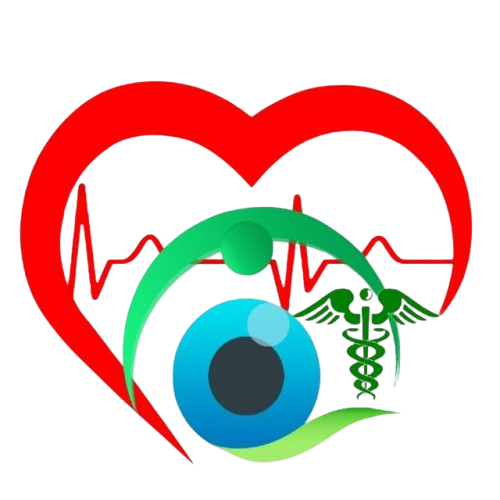Cardiovascular Disease Management

Cardiovascular disease (CVD) management aims to prevent complications, improve heart health, and enhance the quality of life for individuals with conditions like coronary artery disease, heart failure, and arrhythmias. Effective management involves a combination of lifestyle modifications, medications, and sometimes surgical interventions.
1. Lifestyle Modifications:
- Diet: A heart-healthy diet (e.g., Mediterranean, DASH diet) that includes fruits, vegetables, whole grains, lean proteins, and healthy fats while limiting salt, sugar, and processed foods.
- Physical Activity: Regular exercise, such as walking, swimming, or cycling, helps improve heart function, manage weight, and lower blood pressure.
- Weight Management: Maintaining a healthy weight can reduce the strain on the heart and lower the risk of complications.
- Quit Smoking: Smoking cessation is critical as tobacco increases the risk of heart disease.
- Alcohol Moderation: Limiting alcohol intake reduces strain on the heart and prevents further health issues.
Medications:
- Statins: Lower cholesterol levels to reduce plaque buildup in the arteries.
- Antiplatelets (e.g., Aspirin): Prevent blood clots, reducing the risk of heart attack and stroke.
- Antihypertensives: Control blood pressure, which is essential for preventing further damage to the heart.
- Beta-blockers: Slow heart rate, lower blood pressure, and reduce the heart’s workload.
- Angiotensin-Converting Enzyme (ACE) Inhibitors/ARBs: Relax blood vessels and reduce blood pressure, particularly in heart failure or after heart attacks.
3. Surgical Interventions (if needed):
- Angioplasty and Stenting: Open blocked arteries to improve blood flow.
- Coronary Artery Bypass Surgery (CABG): Reroute blood around blocked arteries to improve heart function.
- Valve Repair/Replacement: Fix or replace damaged heart valves to restore normal blood flow.
- Implantable Devices: Pacemakers or defibrillators may be used to regulate heart rhythm.
4. Regular Monitoring:
- Routine Check-ups: Regular visits to a healthcare provider to monitor blood pressure, cholesterol levels, and overall heart function.
- Blood Tests: Monitor cholesterol, glucose, and kidney function, which are important in managing cardiovascular health.

